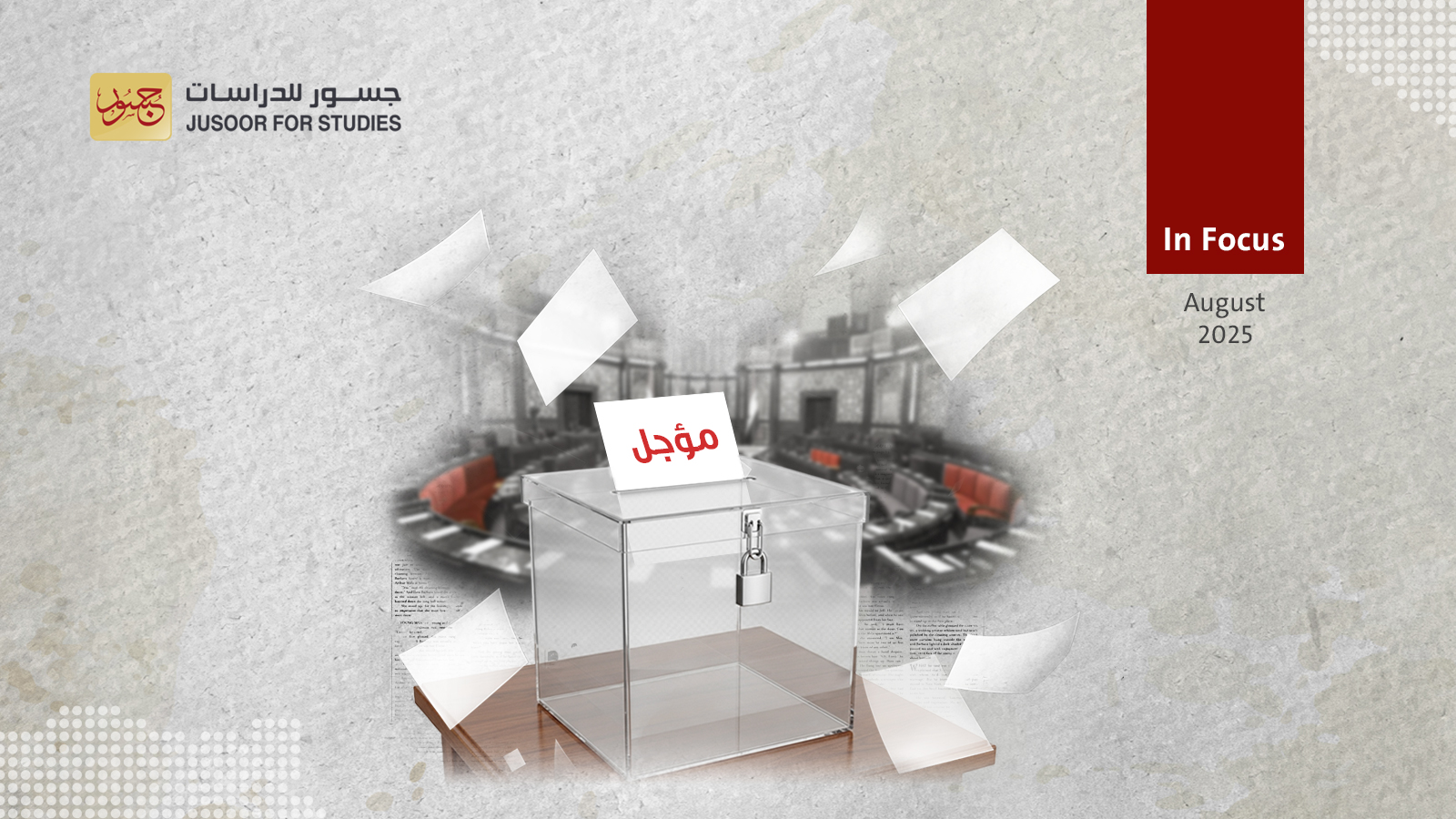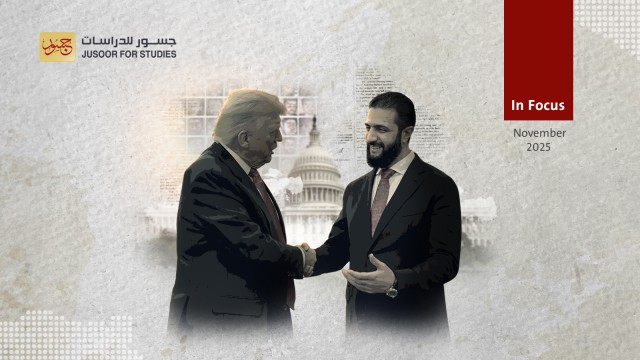Damascus Postpones Polls in Northeast and Suwayda
The committee overseeing parliamentary elections in Syria has suspended planned polls in three governorates—Al-Hasakah and Raqqa in the northeast, and Suwayda in the south—on the grounds of the security situation, particularly in Suwayda.
The spokesperson of the Supreme Committee for Elections to the People’s Assembly, Nawar Najma, explained that “People’s Assembly elections are a sovereign matter, and must take place within territories held by the state, and where its official institutions are fully in control.”
The central government decided to postpone the elections only in these three governorates, while moving forward with preparations in the rest of the country. It appears to prefer this over postponing the formation of the People’s Assembly altogether, or allowing a scenario under which Al-Hasakah, Raqqa, and Suwayda are represented in the legislature differently from the other governorates.
Had elections been held in areas under the control of the Syrian Democratic Forces (SDF) in northeastern Syria, this would have deprived the indigenous population—Arabs and Turkmen in particular—of fair representation that reflects their demographic, historical and societal weight.
This would have led to rigged elections overseen solely by the SDF, in the absence of government institutions and departments, thus preventing any oversight and pushing SDF and pro-SDF figures to occupy parliamentary seats from which they could attempt to disrupt the government’s agenda, in a way reminiscent of certain parliamentary blocs in Lebanon and Iraq.
Statements by SDF leaders reveal the scale of the opportunity they have missed due to this decision. They describe their exclusion from the political and electoral processes as a return to square one in negotiations with Damascus. According to Fawza Youssef, chief negotiator for the Autonomous Administration of North and East Syria (AANES) in its talks with Damascus, the SDF had been preparing to submit lists of candidates for these elections, as well as for subcommittees and preparatory committees.
AANES Deputy Chairman for Foreign Affairs Badran Jia Kurd agreed. He described the decision to hold elections nationwide but postpone them in SDF-controlled areas as one of a series of “incomplete, unilateral steps, devoid of any constitutional cover or national legal legitimacy, given the absence of participation by Syria’s various components in establishing the state’s sovereign institutions.”
The Syrian government’s decision has clearly dealt a blow to the SDF’s autonomy project and stripped it of an opportunity. It also challenges the group’s political legitimacy in the eyes of the local population, who now believe that the SDF’s continued presence will prevent them from taking part in a meaningful way in rebuilding Syria’s state institutions. This could strengthen their desire for the central Syrian government to administer the region through its official institutions.
The decision could also help push forward the negotiations underway since the March 10, 2025, agreement between Syrian President Ahmed al-Sharaa and SDF commander Mazloum Abdi. It gives Damascus a significant lever with which to pressure the SDF to stop vacillating in implementing the deal. The committee’s decision is likely to enjoy support from the United States and the West, as well as Arab and Turkish backing. This could well mean the SDF faces greater pressure both at home and externally to abandon its delaying tactics.
The situation in Suwayda is similar to that in northeastern Syria. Had the elections been held in the province in the absence of official state institutions, Druze leader Sheikh Hikmat al-Hijri’s group would have sought to use them to gain legitimacy and recognition of its authority on the ground. He and his allies would likely have rigged the polls, depriving the region’s non-Druze communities—as well as Druze who are not loyal to al-Hijri and oppose his project—of their right to representation in the People’s Assembly. Meanwhile, the government’s move could bolster the argument that it is vital to reach a negotiated solution as soon as possible.








